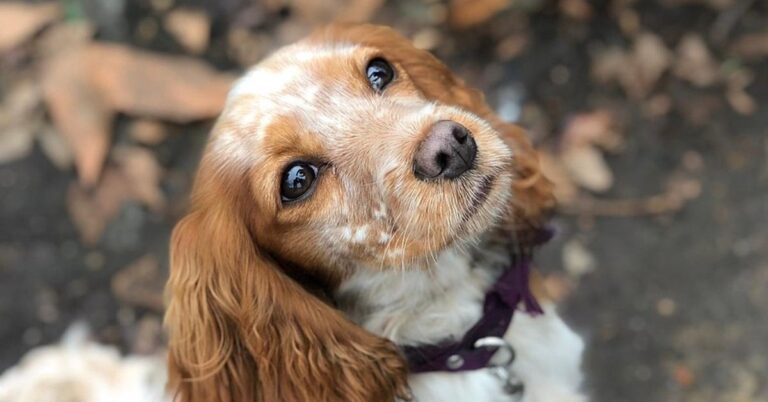25 Things Humans Do That Drive Dogs Nuts
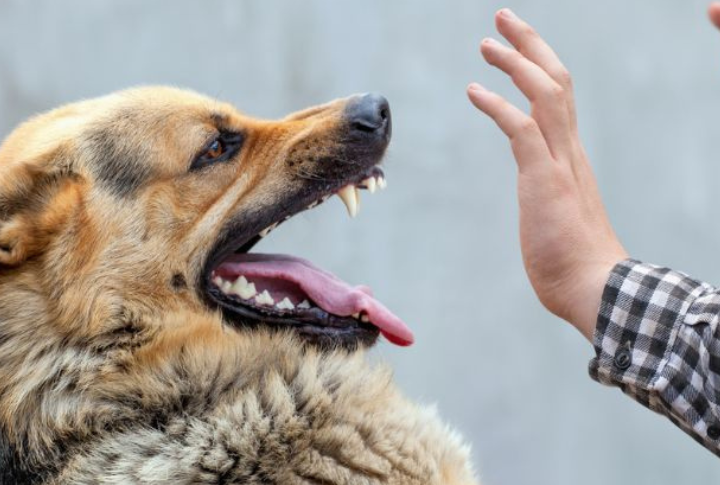
Dogs are often hailed as man’s best friend, but even the most loyal companion has their limits. While dogs generally put up with our quirks and habits, some human behaviors get under their fur. Understanding what bothers our canine companions can help us become better pet parents and strengthen our bond. Let’s look into the 25 human behaviors that dogs dislike the most!
Hugging Them Tightly

Humans express love with hugs, but this can feel confining and stressful for dogs. When we wrap our arms around them, they might feel trapped. Some dogs tolerate this, but many will show signs of discomfort. Always approach your dog gently and respect their space. Instead of hugging, show affection with gentle fondling.
Dressing Them Up

Costumes and clothing can impede a dog’s movement and make it feel confined because they rely on their fur for temperature regulation. In addition, it may cause stress, and they often show this discomfort by trying to remove the outfit. You should choose accessories that will not hinder their natural movement when dressing them if you choose to do so.
Blowing in Their Face
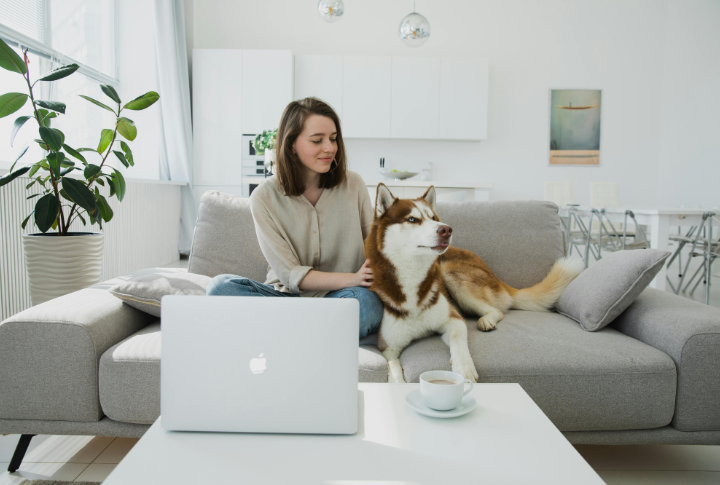
Blowing in a dog’s face might seem playful, but it usually irritates them. Dogs rely very much on their sense of smell, and a sudden air gust can be unpleasant. This action can also confuse them and make them anxious. If your dog snaps or pulls away, it’s their way of saying they don’t enjoy this behavior.
Regular Bathing

Frequent baths can wash away the natural oils in a dog’s coat, leading to dry, itchy skin. Dogs don’t require as many baths as humans think. Over-bathing can result in skin issues. Instead, try regular brushing, which can keep their coat clean without excessive washing. Consulting a vet for an appropriate grooming schedule is wise.
Forcing Social Interactions

While some dogs are social butterflies, others can be pretty introverted. Forcing them to interact with people or other dogs can cause significant stress. Just like humans, dogs have their personalities and comfort zones. Allow them to handle new situations at their own pace and respect their need for space and time to adjust.
Leaving Them Outside in Extreme Weather

Extreme heat or cold can harm dogs left outside without proper shelter. Dogs can suffer from heatstroke in high temperatures and frostbite in freezing conditions. Always ensure they have access to a comfortable, climate-controlled environment, as being safe from the elements is essential to their health and well-being.
Teasing with Food

Offering food and then taking it away or pretending to give it is confusing and frustrating for dogs. This kind of teasing can lead to trust issues and even food aggression. Dogs don’t understand the joke and only see it as unfair treatment. It’s better to use food as a positive reinforcement tool, rewarding good behavior and building trust.
Using Strong Perfumes

Dogs have a very sharp sense of smell, and strong perfumes or scented products can be overwhelming. What smells pleasant to us can be overpowering and irritating to them. Opt for unscented or dog-friendly products when grooming your pet. Also, keeping their environment free from solid odors will help them feel more at ease.
Ignoring Their Body Language

Canines communicate primarily through body language, and ignoring these signals can lead to misunderstandings. Signs of stress or discomfort include yawning, lip licking, and turning their head away. By paying attention to these cues, you can better understand your dog’s needs. Responding appropriately to their body language helps prevent anxiety and aggression.
Pulling on Their Leash

Yanking or pulling on a dog’s leash can cause physical discomfort and anxiety. It disrupts their natural pace and can lead to negative associations with walks. Train your dog to walk beside you using positive reinforcement techniques for the experience to be more enjoyable.
Feeding Them Unhealthy Foods

While sharing your snacks might seem loving, many human foods harm dogs. Chocolate, grapes, and certain artificial sweeteners can be toxic and cause indigestion. Stick to a balanced diet designed for their specific needs. Consult a vet for dietary recommendations.
Ignoring Their Socialization Needs

Socialization is vital for a well-adjusted dog. Lack of exposure to various environments, people, and animals leads to fear and aggression. Gradual and positive socialization experiences build confidence and reduce anxiety. Introducing your dog to new situations helps them become more adaptable and friendly.
Restricting Their Natural Behaviors
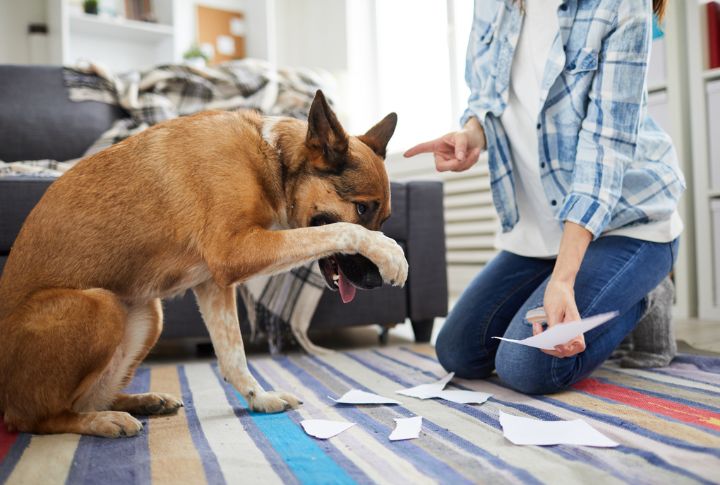
Habits such as sniffing, digging, and chewing are natural. Restricting these behaviors can lead to boredom. Provide appropriate outlets for these activities by designating digging areas and regular walks to satisfy their instincts. Learn how to encourage natural behaviors in a controlled manner to promote a happy and healthy treat that ensures your dog’s well-being.
Roughhousing with Them

While some dogs enjoy a bit of playful roughhousing, others find it overwhelming and stressful. Rough play can also inadvertently encourage aggressive behavior. Understanding your dog’s play style and preferences is critical to keeping interactions positive. Opt for games you and your dog enjoy without causing anxiety or discomfort.
Inconsistent Rules
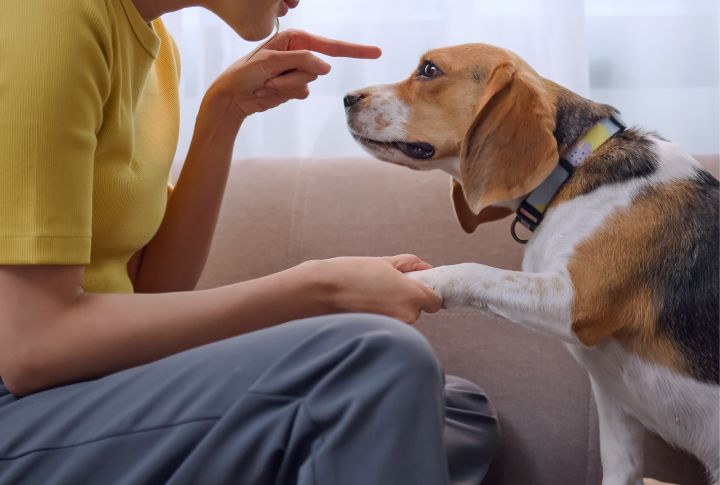
If one day you allow your dog on the couch and the next you scold them, it sends mixed signals. Deviation in training or house rules can confuse them because they rely on predictable behavior from their owners. Mixed signals cause anxiety and misbehavior; hence, consistency in commands is critical.
Moving Households Frequently

Frequent moves can be highly stressful for dogs as they rely on familiarity and routine. Each move disrupts their sense of security and could cause anxiety. To ease the transition, maintain their usual schedule and bring familiar items like beds and toys. Extra attention and reassurance during this time will help them adjust more comfortably.
Harsh Punishment

Physical punishment, such as hitting or pushing, breaks the trust between you and your dog. Similarly, yelling or employing fear-based training methods can foster fear and aggression. Instead, positive reinforcement is more effective for training, as it creates a safe environment that facilitates learning.
Leaving Them Alone for Long Periods

Extended periods of loneliness lead to separation anxiety and destructive behavior in dogs. Dogs are pack animals and crave companionship. If you need to be away, consider hiring a dog walker or using doggy daycare services. Toys and interactive feeders can also help keep them occupied and reduce anxiety when alone.
Ignoring Their Grooming Needs

Neglecting grooming causes painful matting, infections, and other health issues. Regular brushing, nail care, and dental care are key to your dog’s well-being. Establish a grooming routine that suits your breed and coat type to help prevent problems.
Not Providing Enough Exercise

A bored dog is an unhappy dog. When humans don’t provide enough physical and mental stimulation, the dog becomes destructive or depressed. Regular walks, playtime, and new experiences keep your dog’s mind and body active. Lack of attention to their exercise needs causes behavioral and health problems.
Staring

In the animal kingdom, prolonged eye contact often signals dominance or threat. Dogs might feel intimidated when stared at. A softer gaze or frequent breaks in eye contact are more comfortable and effective ways to bind with them.
Changing Their Diet Abruptly

Switching your dog’s food too quickly will upset their stomach and lead to digestive issues. Gradual transitions are key to ensuring they adapt well to new diets. This is why it is always advisable to see the vet before making significant changes to their meals.
Making Loud Noises

The roar of a vacuum or the blast of a television can be startling for dogs. Their unique sense of hearing makes them especially sensitive to loud sounds and associate them with danger. Creating a calm environment by keeping the volume down helps them feel secure. Remember, a quiet environment leads to a happy pup.
Overly Long Walks or Exercise

Exercise is important, but overdoing it can be as harmful as neglect. Dogs need the right amount of physical activity based on breed, age, and health. Too much can cause exhaustion or injuries, while too little can lead to obesity and behavioral problems. Find the right balance to keep them healthy and happy.
Not Respecting Their Space

Dogs need their own space to feel secure. Whether it’s a cozy bed or a quiet environment, having a designated spot can help them relax. Invading their space, especially when they’re eating or sleeping, can make them feel uneasy. Hence, let them come to you when they’re ready for attention.





